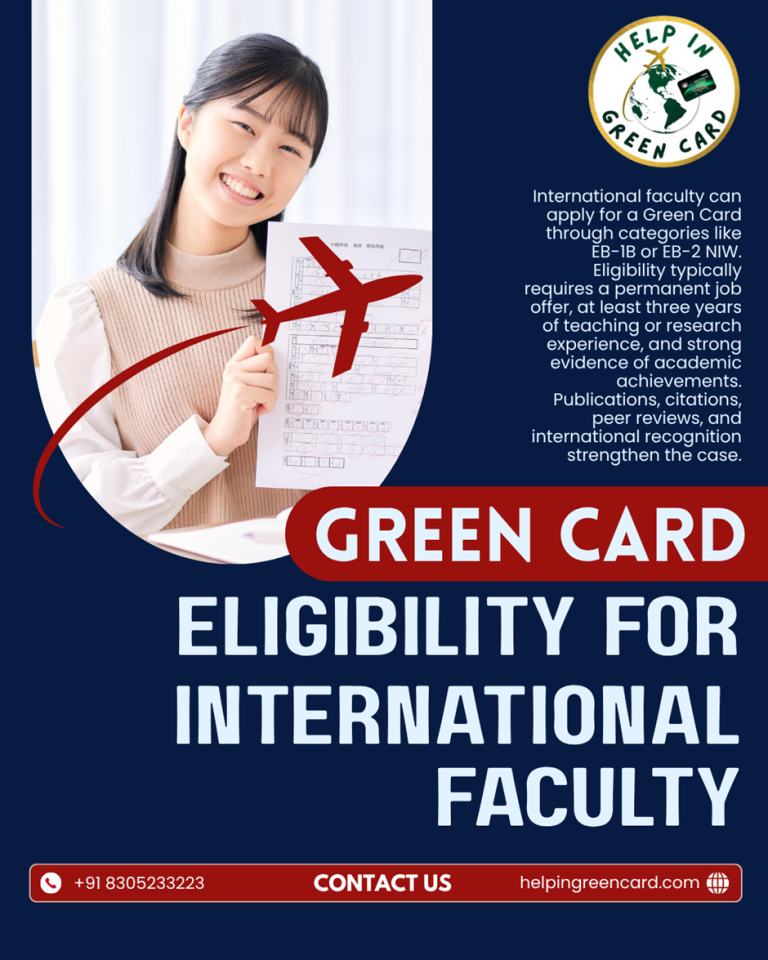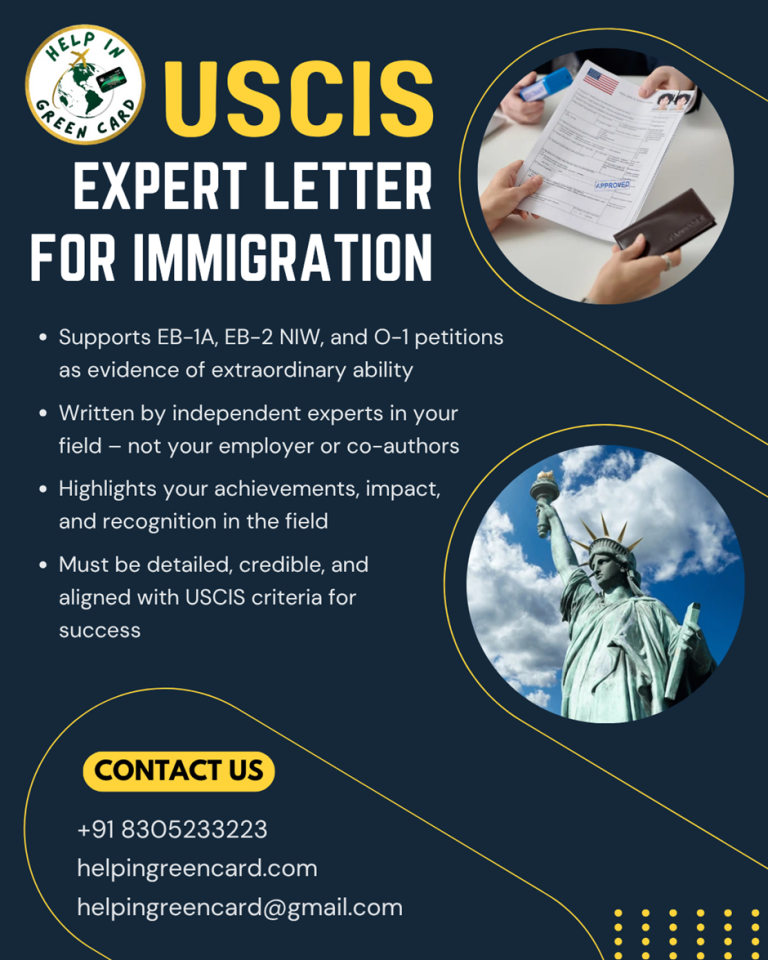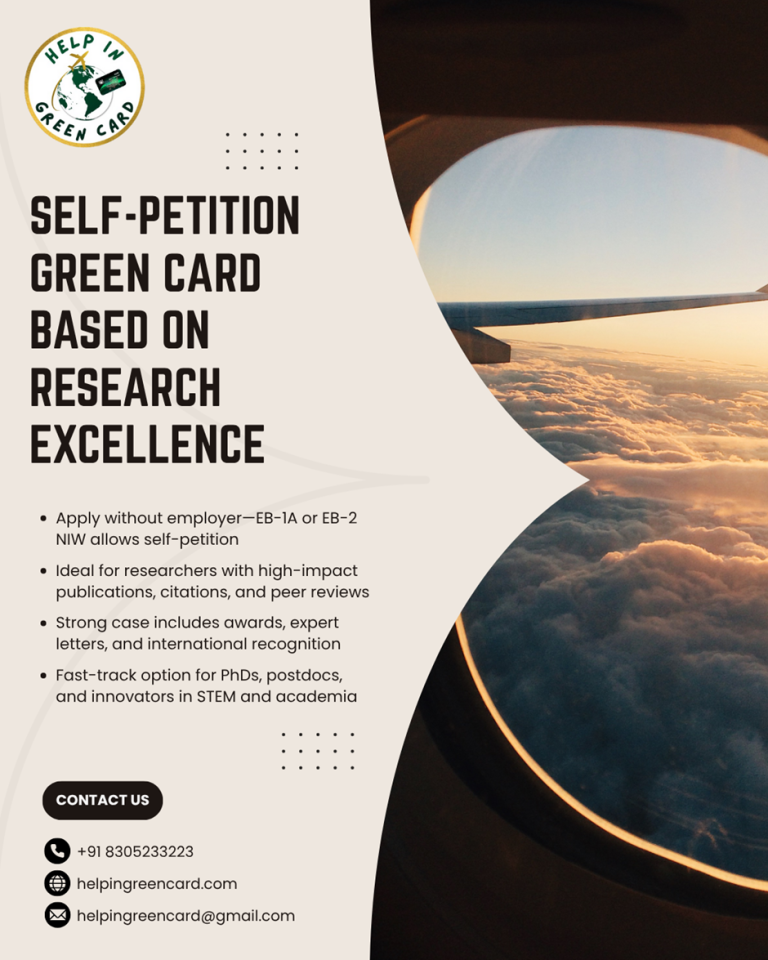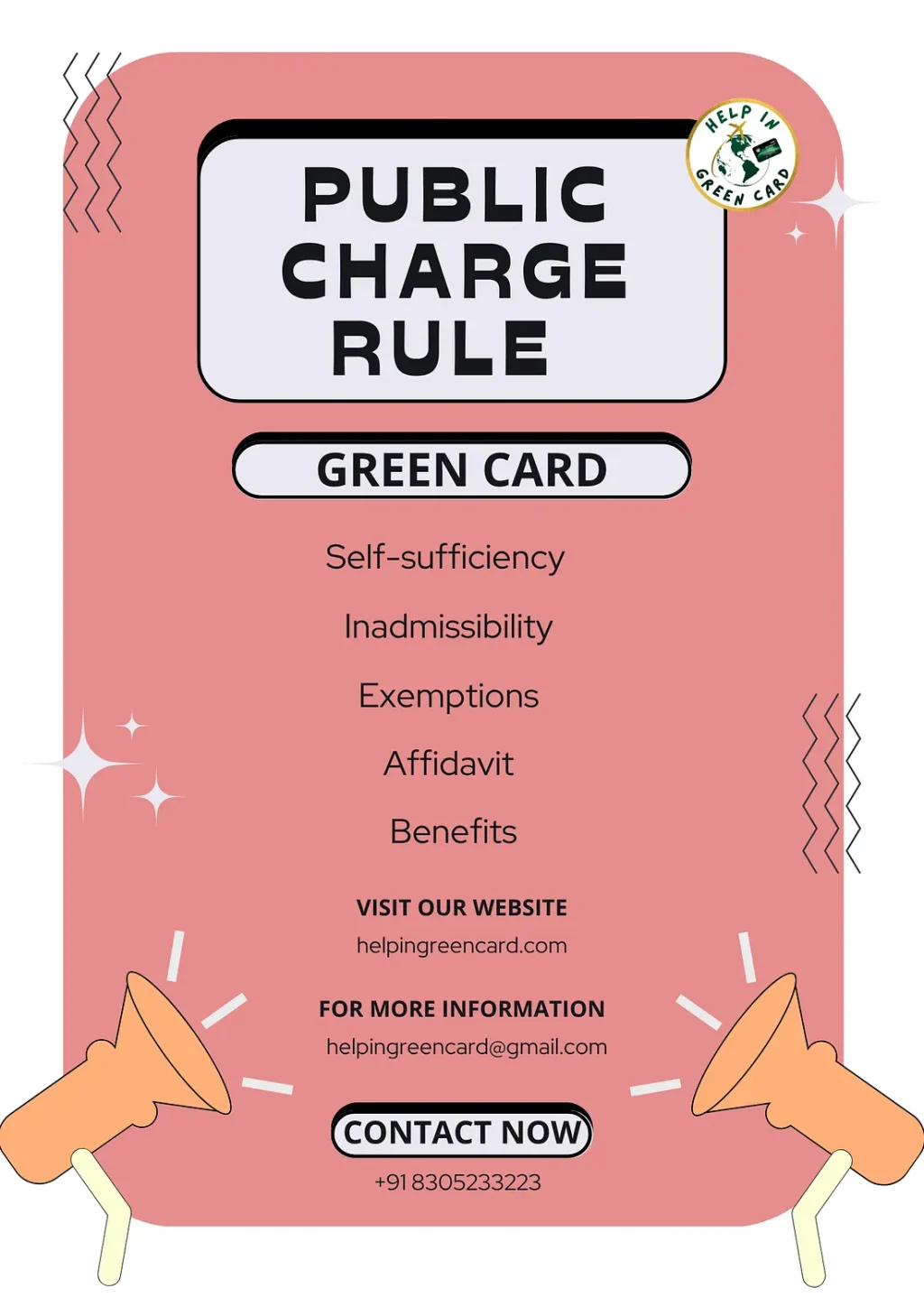
Applicants for a U.S. green card are likely to encounter the Public Charge Rule. There’s a lot of discussion around this topic in immigration and that’s without a doubt justified. Whether you might become primarily dependent on U.S. government assistance is what the Public Charge Rule looks at which can change your green card status. Here, we’re covering what the Public Charge Rule means, when it takes effect in 2025 and what green card seekers are expected to do.
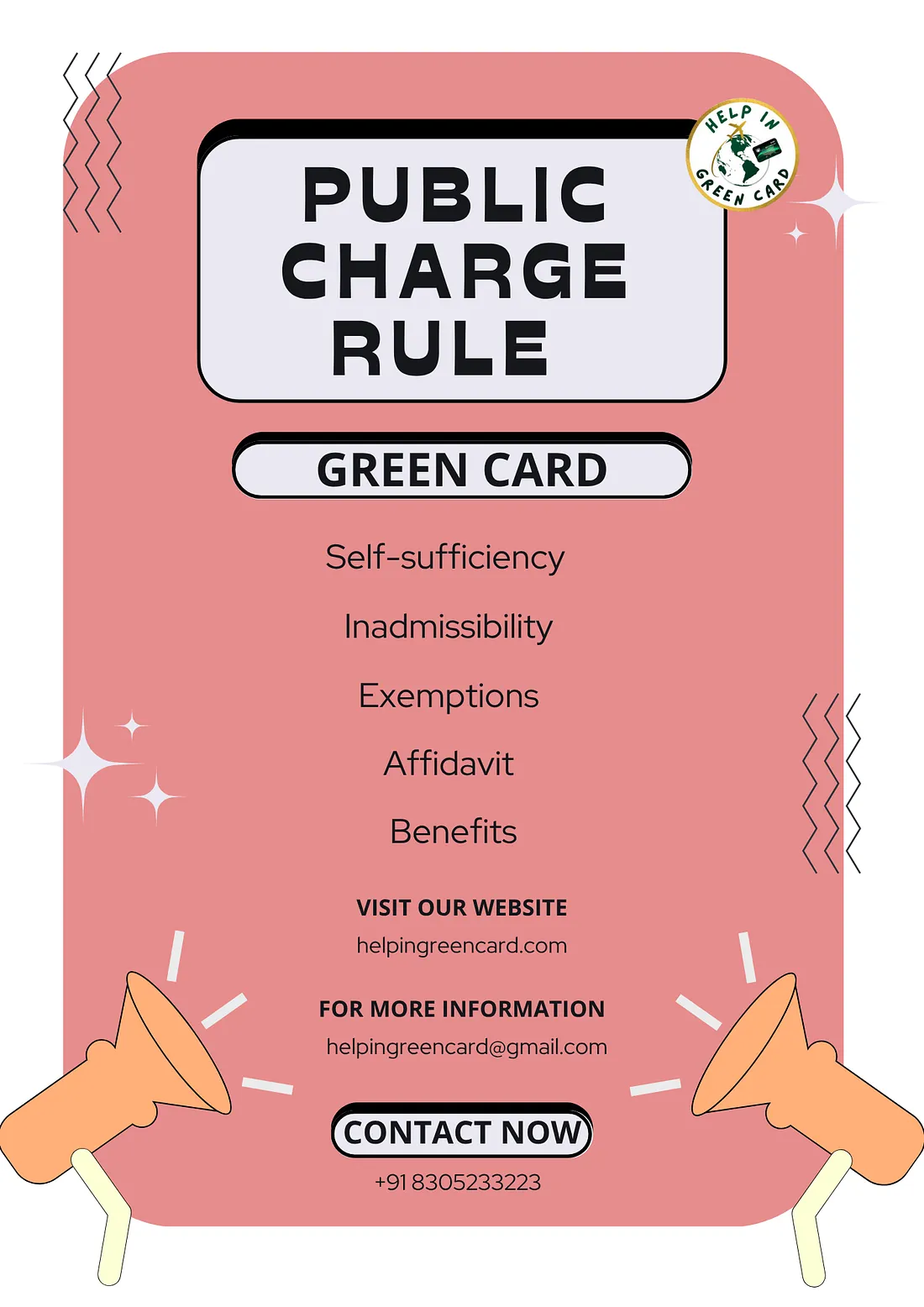
What Is the Public Charge Rule?
The Public Charge Rule forms part of immigration law to see if someone wanting to enter or adjust their status will depend on government help. If it is decided that you might depend on government benefits, your application for citizenship may be denied. Even though the rule came into existence more than 100 years ago, it has been reinterpreted multiple times by different administrations. Now, in 2025, the Department of Homeland Security (DHS) uses the 2022 version of the rule that makes applying for public benefits much easier and clears up many uncertainties.
Which Benefits Are Considered Under the Rule?
In 2025, a few categories of public benefits will be evaluated before a public charge inadmissibility decision is made. These include:
Cash assistance for income maintenance, such as:
Supplemental Security Income (SSI)
Temporary Assistance for Needy Families (TANF)
State and local general assistance
The system might require people with developmental disabilities to be institutionalized in a government-provided nursing home or psychiatric facility long term.
Programs like Medicaid (without long-term care), SNAP (food stamps), WIC, housing vouchers and public education are not included according to the new rule.
Who Is Affected by the Public Charge Rule?
The rule is mostly used when people apply for green cards or visas:
Green cards through family-based petitions
Adjustment of status within the U.S.
It does not apply to:
Refugees and asylees
People completing green card renewals or those applying for naturalization
Some categories under humanitarian law (VAWA, U visas, T visas)
Employment-based people usually feel little change, unless they are likely to depend on state help.
What Does USCIS Evaluate?
USCIS considers all relevant circumstances to decide whether someone would likely become a public charge:
Age
Health
Family size
Income and financial resources
Education and skills
Affidavit of Support (Form I-864) from a sponsor
How to Avoid Public Charge Denial
To avoid issues related to the Public Charge Rule:
Ensure your sponsor meets income requirements (typically 125% of the federal poverty line)
Submit a complete and accurate Affidavit of Support (Form I-864)
Include evidence of financial stability such as bank statements, tax returns, employment letters, or assets
If you previously used benefits, consult with an immigration expert to see if they may be considered under the rule
The rules for getting a green card can seem tough and the way your eligibility is affected by policies can make things a bit more challenging. If you are wondering if the Public Charge Rule impacts your situation or need help getting your finances ready for the interview, our experts at Helping Green Card are available to help.
With us, you receive assistance drafting your application and receive advice from experts to improve your odds of getting approved, relaxed.
You can find a professional at HelpingGreenCard.com, give us a call at +91 8305233223 or send an email to helpingreencard@gmail.com.
